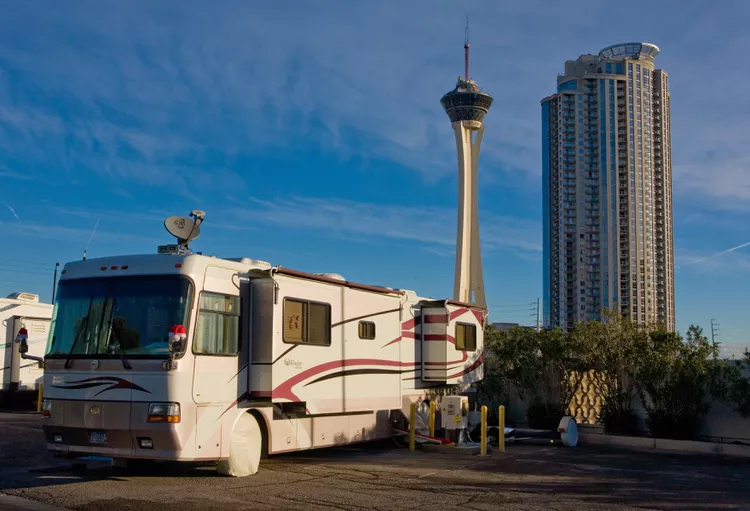Summary of RV Travel vs. Hotels
Variables and Considerations
There are several factors that influence the cost comparison between RV travel and hotels. For instance, fuel prices can vary greatly, impacting overall expenses significantly. Moreover, deciding whether to buy or rent an RV is crucial. Generally, renting an RV for shorter trips can be more economical. During late summer and fall, rental dealers often present limited-time offers, allowing travelers to explore RV living without hefty commitment. Remember that purchasing a new RV can equate to the price of a small house, sometimes exceeding $100,000.
The choice between RV travel and hotel accommodations can also depend on personal circumstances. Small families may find little financial difference. In contrast, larger families enjoying the RV lifestyle could find substantial financial benefits. It’s worth noting that the length of the trip can also affect overall savings.
Your travel itinerary is another vital consideration. Urban areas often do not accommodate RVs well, while scenic locations might lack suitable hotel options. Thus, identifying the pros and cons in relation to your preferences is essential.
Trip Costs
When planning a road trip, two major costs to consider are meals and fuel. Taking a family of four exploring the American West for two weeks offers an informative breakdown:
Driving a Vehicle:
- Meals: $1,750 ($125 a day)
- Gasoline: $350 (3,500 miles at 30 MPG, gas $3 per gallon)
- Total: $2,100
Taking an RV:
- Meals: $400 ($200 a week for groceries)
- Gasoline: $1,050 (3,500 miles at 10 MPG, gas $3 per gallon)
- Total: $1,450
It’s clear that preparing your own meals during an RV trip can result in significant savings, which offsets higher fuel costs. However, keep in mind that various models offer different fuel efficiencies, influencing overall travel costs.
Typically, the financial advantages of using an RV over hotels are considerable. Families requiring multiple hotel rooms could experience more substantial savings. However, families that can manage with a single room may find lesser savings. The choice between high-end resorts and budget-friendly hotel chains also plays a significant role in cost differences.
Additionally, it’s a common misconception that parking an RV overnight is typically free; this is usually not the case. RV travelers must often pay camping fees, which can add to overall costs.
The RV Lifestyle
Embracing the RV lifestyle brings unique experiences, such as campfire evenings shared with fellow travelers and enjoying the sounds of nature. However, RV living isn’t without its responsibilities. Shopping for groceries, cooking meals, and maintaining waste systems are part of the daily routine on the road. Consequently, some travelers may find that they work harder while traveling than they would at home.
For those willing to engage in the necessary tasks, the rewards can be delightful. However, if you prefer a more relaxed vacation experience involving all-inclusive resorts and dining out, it’s important to consider the commitment an RV entails before proceeding. Carefully weigh your options and preferences to ensure a fulfilling travel experience.





